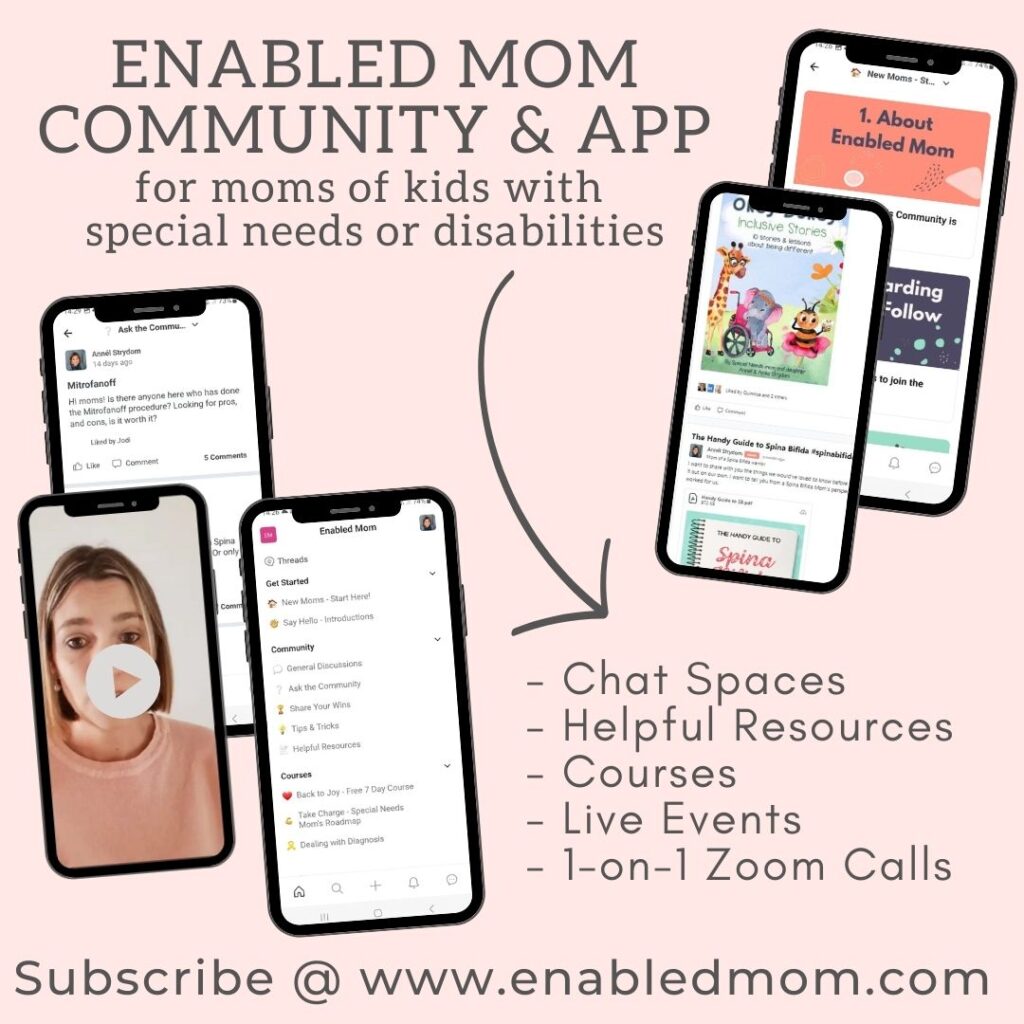It’s easy to fall into the trap of self-pity and victim mentality when faced with difficult circumstances. I should know, as a mom of a disabled child, I went through that phase. When my first daughter, Anika, was born with Spina Bifida (a neural tube defect), I felt lost and overwhelmed. Then, a year later, we lost our second daughter Esti, who had Hypoplastic Left Heart Syndrome. Anika has been through 29 surgeries and countless therapies. It was a painful and difficult time, and I found myself falling deeper into self-pity and victimhood.
It took me a while to realize that I was choosing to feel bad, and in doing so, it was impossible to feel good. I was constantly seeking sympathy and validation, and that only made things worse. But then, I realized that I had to make a choice. Our son, Reuben was born and I wanted to be the best possible mom to both my children, the best wife to my husband, and the best friend to others. And to do that, I needed to get out of my victim mindset.
Choosing joy wasn’t easy, but it was the first step on my journey to reclaiming my joy. It was a process, and one of the most important things I did was to stop revisiting the past. I stopped going to places or doing things that reminded me of the pain and sorrow I felt. When we’re stuck in a victim mentality, we tend to dwell on painful memories and can’t move forward. It’s important to work through emotions, but at some point, we need to choose to move on if we want to live a full life.
I know what emotional trauma can do to one’s physical, mental, and emotional health. It’s not an easy journey, but I also know that it’s possible to choose to be happy again. I remind myself regularly that “I may not be where I need to be, but I’m not where I used to be!” Choosing joy doesn’t change the circumstances, but it can change the way you live your life.
If you find yourself in a similar situation, here are some steps you can take to help you move past self-pity and a victim mentality:
- Acknowledge your feelings. It’s okay to feel sad, angry, or frustrated. But don’t let those emotions consume you.
- Identify your triggers. What places, smells, or memories take you back to the pain and sorrow? Try to avoid them or find ways to deal with them differently.
- Focus on the positive. It’s easy to get bogged down by negative thoughts, but try to find the good in every situation. Count your blessings and celebrate small victories.
- Practice gratitude. Make a habit of being thankful for what you have. Write down three things you’re grateful for every day.
- Seek support. Talk to someone you trust, whether it’s a friend, family member, or therapist. Don’t go through it alone.
Remember, you have the power to choose how you feel. It’s not always easy, but it’s possible to choose joy even in difficult circumstances. It’s one heck of a journey, but it’s worth it.




